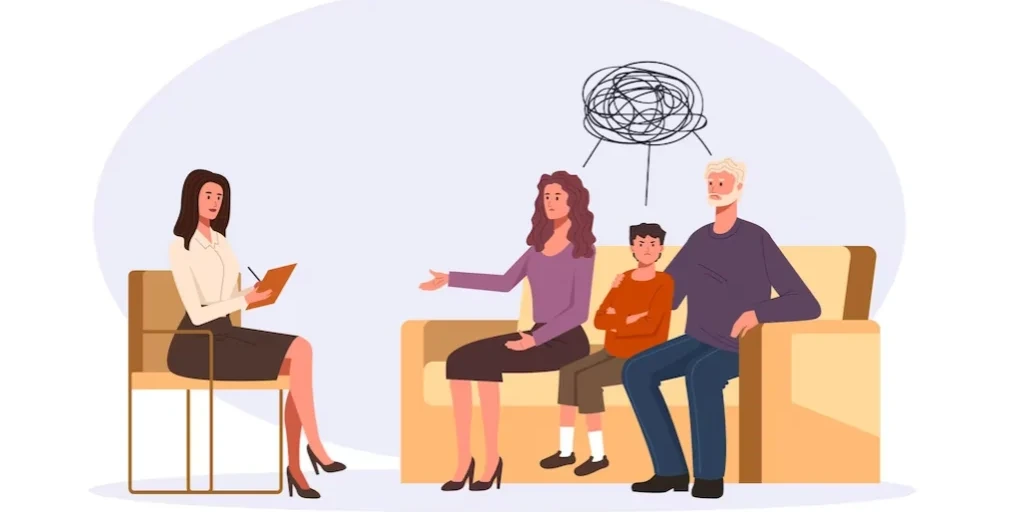24/7 Helpline:
(866) 899-221924/7 Helpline:
(866) 899-2219
Learn more about Eating Disorder Treatment centers in Bee County

Other Insurance Options

Kaiser Permanente

CareSource

Coventry Health Care

Covered California

Providence

Holman Group

Amerigroup

Cigna

Magellan Health

WellPoint

Group Health Incorporated

Horizon Healthcare Service

Health Choice

Oxford

MHNNet Behavioral Health

United Health Care

EmblemHealth

WellCare Health Plans

Regence

State Farm





















































Council on Alcohol and Drug Abuse – Coastal Bend
Council on Alcohol and Drug Abuse – Coastal Bend is a private rehab located in Beeville, Texas. Coun...






















